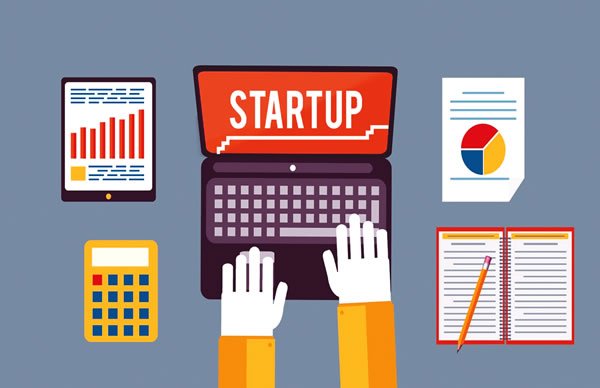
Startups in Nigeria and other African countries must raise at least $1.8bn in the third quarter of 2022 if they do not want to have a negative quarter-on-quarter growth.
This is according to ‘Africa: The Big Deal’, a database and insights firm that focuses on startup funding in Africa above $100,000. The firm explained that Africa is the only region that is experiencing continued growth in present times and must continue to sustain this growth trajectory even if it is already having a great year.
Already, African start-ups have raised $3.1bn in the first half of the year, with start-ups raising $1.3bn in the second quarter of 2022 alone.
The firm said, “Like we had done a few weeks ago for Q1, as soon as the numbers were out, we had to go back and compare the performance of Africa to other regions’ for Q2. And the situation is quite dramatic.
“If we look at year-on-year evolution of quarterly funding (i.e. comparing Q2 ‘22 to Q2 ‘21), Africa is simply the only region that continued growing YoY. And we’re talking significant growth here: in Q2 ‘22, start-ups in Africa have raised 2.25x times (i.e., +125 per cent YoY) the amount that they had raised a year before ($1.3bn+ vs. <$600m).
“In the meanwhile, funding declined by -29 per cent YoY globally, with the US, Asia and Europe all recording a decline in the high twenties, and Latin America registering a -69 per cent YoY freefall. Back in Q2 ‘21, start-ups in Latin America had raised nearly 13x times more than start-ups in Africa ($7.4bn vs. <$600m), and it felt like for Africa to compete with its transatlantic neighbour was completely out of reach; a year later, the gap – 1.75x times – has narrowed significantly.
“Now Africa has her work cut out for herself in Q3 as Q3 ‘21 was particularly impressive in terms of funding; if it cannot keep up – and raise at least $1.8bn in Q3 ‘22 -, the continent could be registering its first quarter of negative quarterly YoY growth in a long time, and in doing so validating the opinion of many analysts that the continent is in fact only on borrowed time.”
In fact, according to the firm, funding to Nigerian start-ups declined by 30 per cent in June. This is expected to continue not only in Nigeria, but in other African countries, as inflation, food insecurity, bear markets, supply chain issues, and more, affect start-ups ability to grow and raise.
This is consistent with what experts have told The PUNCH in earlier interviews. The founder of Lendsqr and a trustee of Open Banking Nigeria, Adedeji Olowe, had said, “The funding raises have started reducing from Q2. If we wait till July when the quarterly numbers come, we will see the dip. The dip is affecting everyone. We are going to witness a reduction in funding raises.”





